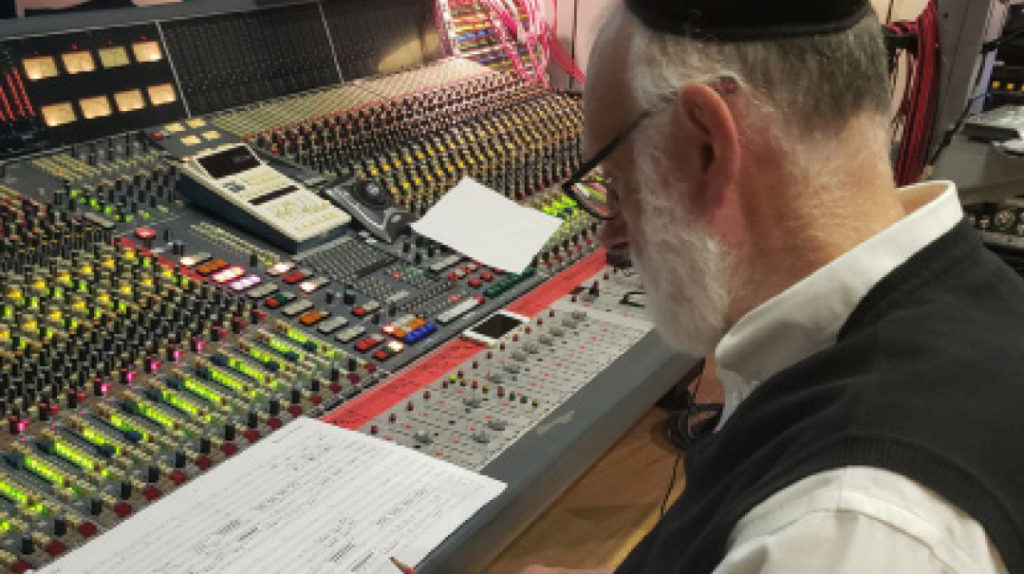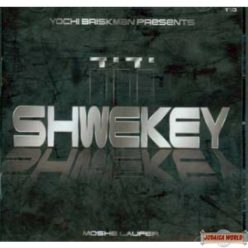"I’ll fight if I think it necessary, but I can always be vetoed, and that’s okay, too”
Every operation needs someone to take charge, and when the project is a musical production, the producer becomes the general, making decisions and getting all the artistic elements into formation.
As a musical artist who often takes the role of arranger, LEIB YAACOV RIGLER admits that he occasionally has to yield his own musical taste to the veto power of the producer. “It’s part of collaborating — you have to know that not everything will happen as you envision it. But I admit that sometimes I’ve felt disappointed.”
Leib Yaacov wrote the arrangements for Shwekey’s English song “Shema Yisrael,” (from the album Yedid composed by Yitzy Waldner, with lyrics by Abie Rotenberg), which is based on the famous story of children left in Christian convents during the Holocaust, and their post-war salvation by a rabbi (the story is attributed to Rav Yosef Shlomo Kahaneman ztz”l) who reminded them of the pasuk they remembered their mothers saying at bedtime. Its well-known chorus is “Shema, Shema Yisrael, know that there is but One G-d above…” In Leib Yaacov’s original arrangement, he used the sound of a church bell ringing as the children entered the monastery, and the chilling clang of a heavy gate locking when the rabbi enters the hostile grounds.
“After I finished, the producer made a decision to take those out. I was disappointed — I thought the effects were powerful.” Another time, Rigler wanted to use trumpets for an intro and the producer insisted that violin was more regal. “He’s the general, and I’m of lower rank. I’ll fight if I think it necessary, but I can always be vetoed, and that’s okay too.”
(Originally featured in Mishpacha, Issue 813)





